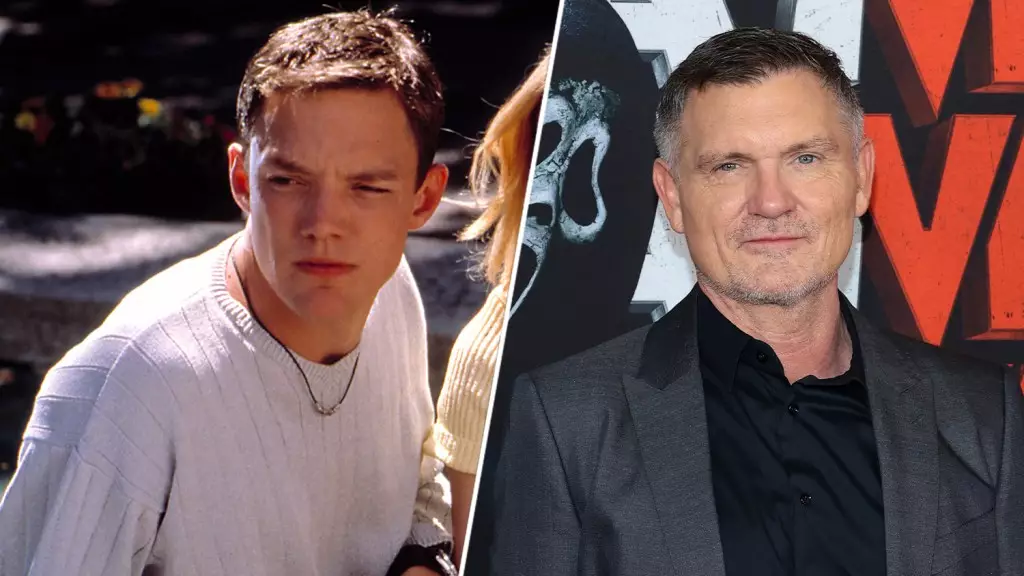As the horror landscape continues to evolve, the Scream franchise stands poised to reclaim its legacy with the upcoming seventh installment. Notably, the return of original writer Kevin Williamson as director has reinvigorated excitement among fans and former cast members alike. Matthew Lillard, who originally embodied the iconic character Stu Macher, has publicly shared his enthusiasm for the creative direction of Scream VII. Lillard’s insights reflect a mixture of hope and cautious optimism as the franchise attempts to navigate both nostalgia and new storytelling avenues.
Williamson’s involvement promises a return to the essence of what made the original Scream (1996) a sensation. Lillard articulated his support for Williamson’s vision, stating that the filmmaker’s understanding of the horror genre and character dynamics lends credibility and depth to the storytelling. He acknowledged the work of directors Tyler Gillett and Matt Bettinelli-Olpin in Scream VI, recognizing their innovative approach, while also emphasizing a need for balance in the franchise’s evolution. Lillard’s critique—particularly his discomfort with the film’s increased violence—illustrates a critical perspective on the need for transformation without losing sight of the franchise’s roots.
A Balancing Act: Nostalgia vs. Innovation
One pivotal aspect Lillard highlighted is the challenge of recapturing the eerie charm of the original film. Elements such as the famed monologues by the Ghostface killer serve as a nostalgic anchor for long-time fans but also present a significant challenge for the writers. Lillard expressed a desire for Williamson to explore fresh narratives while drawing from the established framework. His comments underscore a broader conversation in the horror genre about the fine line between homage and redundancy, particularly as franchises attempt to find their grounding with modern audiences while still satisfying longtime fans.
Neve Campbell’s Return: A Positive Sign
The recent announcement of Neve Campbell returning as Sidney Prescott is another cause for optimism. Campbell’s absence from Scream VI was felt deeply by fans, and her commitment to the upcoming film marks a significant return to form. Campbell’s character has become a symbol of resilience in horror, and her involvement promises to provide a compelling narrative anchor amidst the franchise’s continued exploration of new themes. It remains to be seen how her character will be integrated into the storyline penned by Guy Busick, but her presence is undoubtedly a nod to both tradition and the importance of steadfastness in the face of evolving horror narratives.
As excitement builds for Scream VII, it is accompanied by a sense of cautious anticipation. Lillard’s insights showcase a deep understanding of the genre’s nuances and serve as a reminder of the delicate balance creators must strike. Fans are eager for the franchise to venture boldly into new territory while maintaining the rootedness that has defined it. The combined force of Williamson’s direction, Campbell’s return, and an awareness of evolving horror trends offers a promising prospect. However, the ultimate success of Scream VII will depend on its ability to blend nostalgia with innovative storytelling, ensuring that the franchise not only survives but thrives.

Leave a Reply